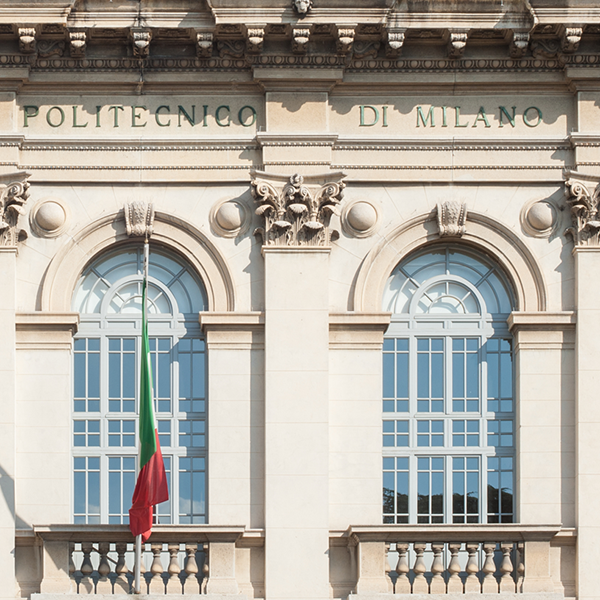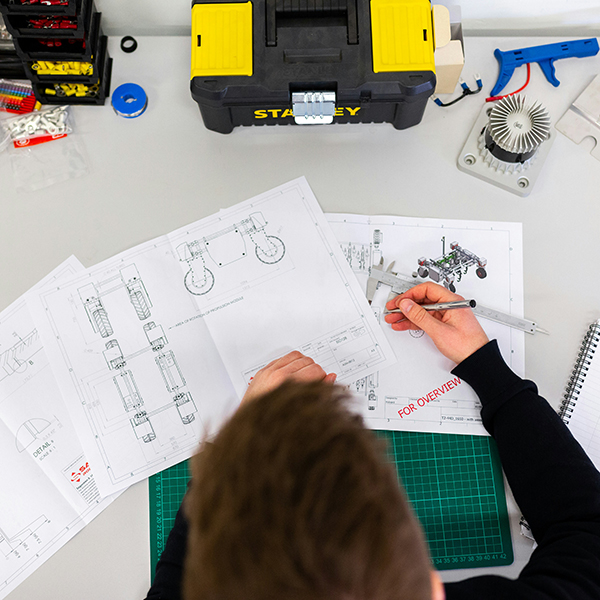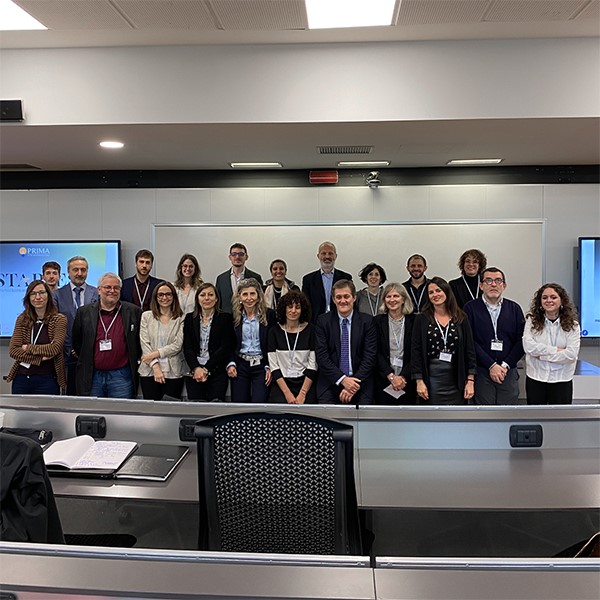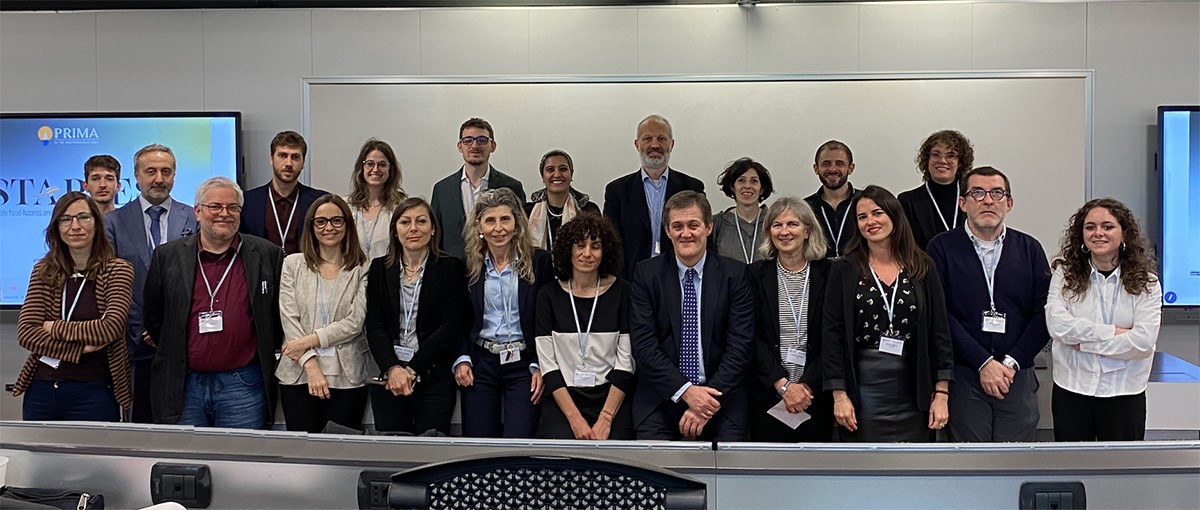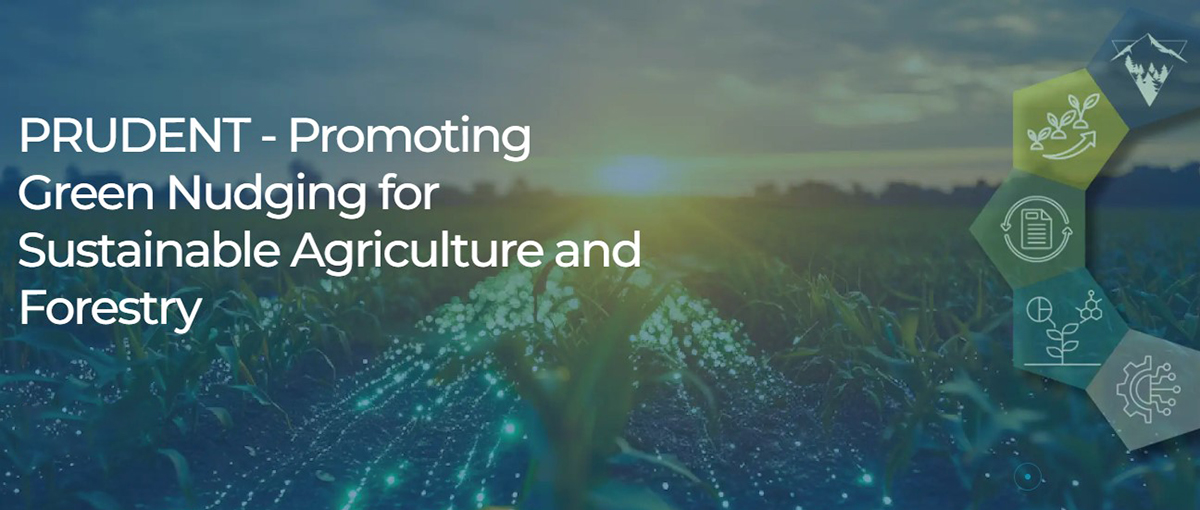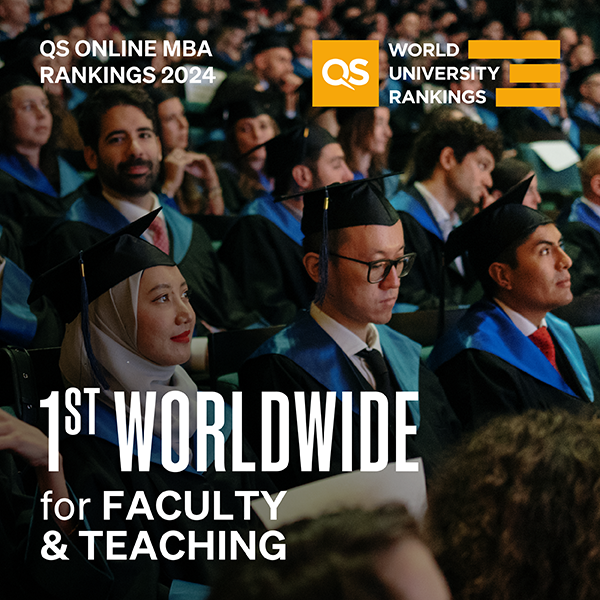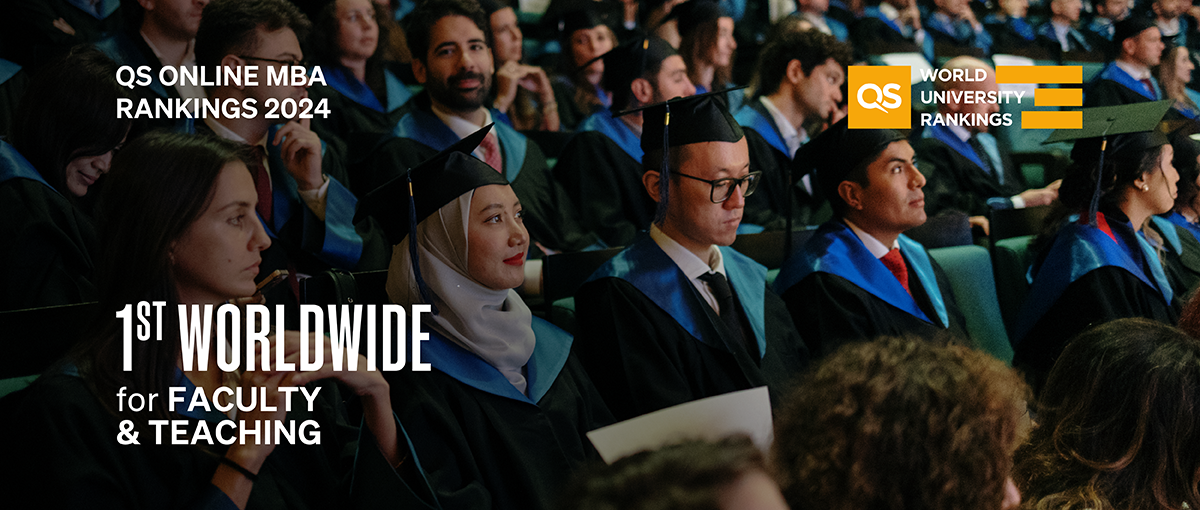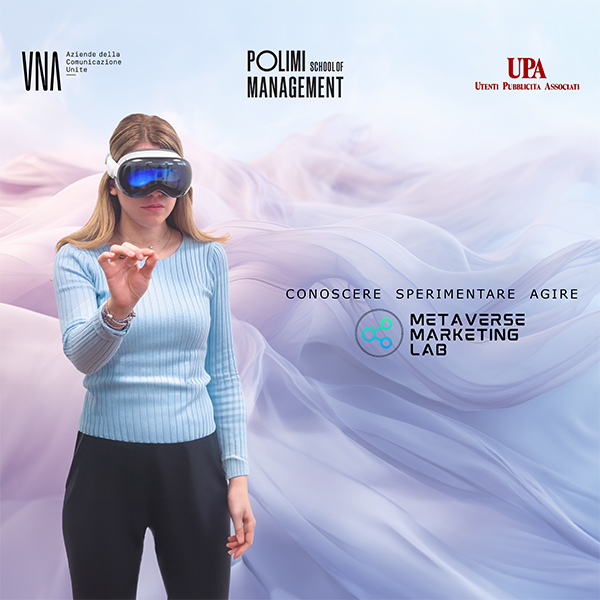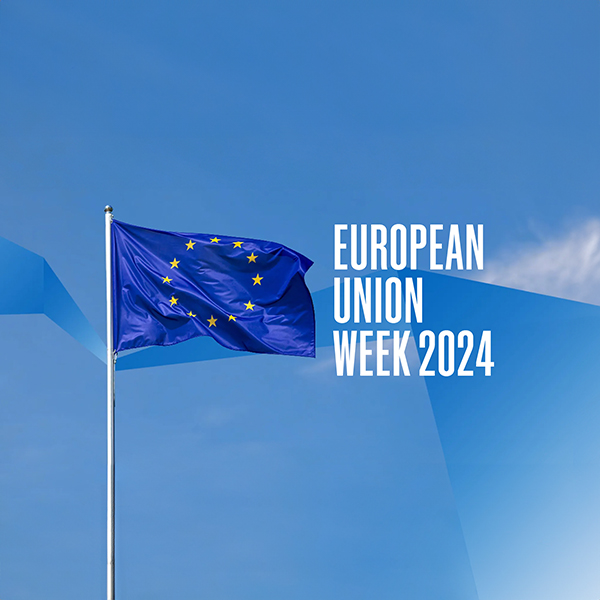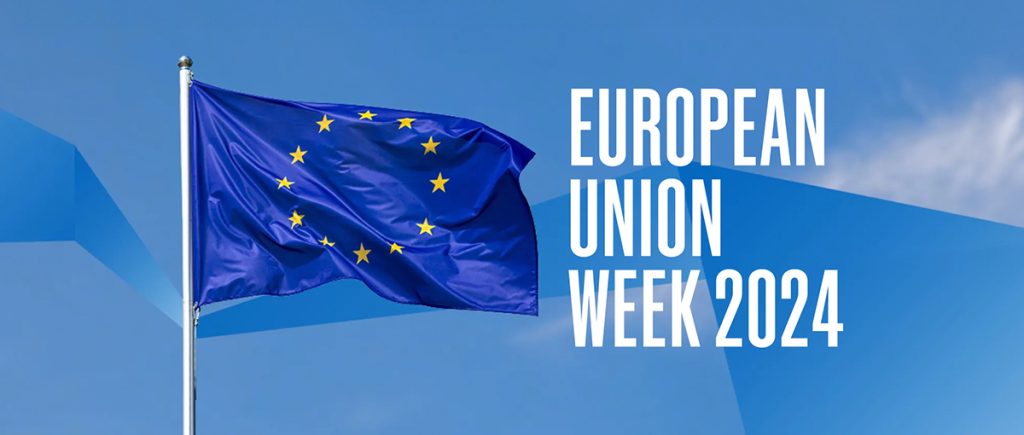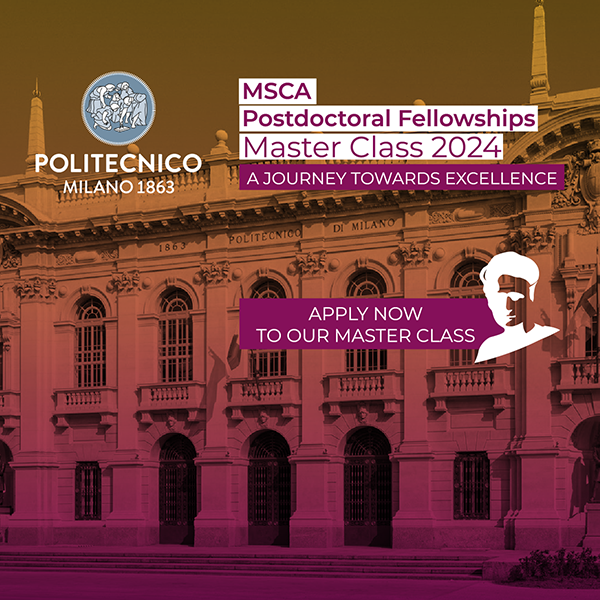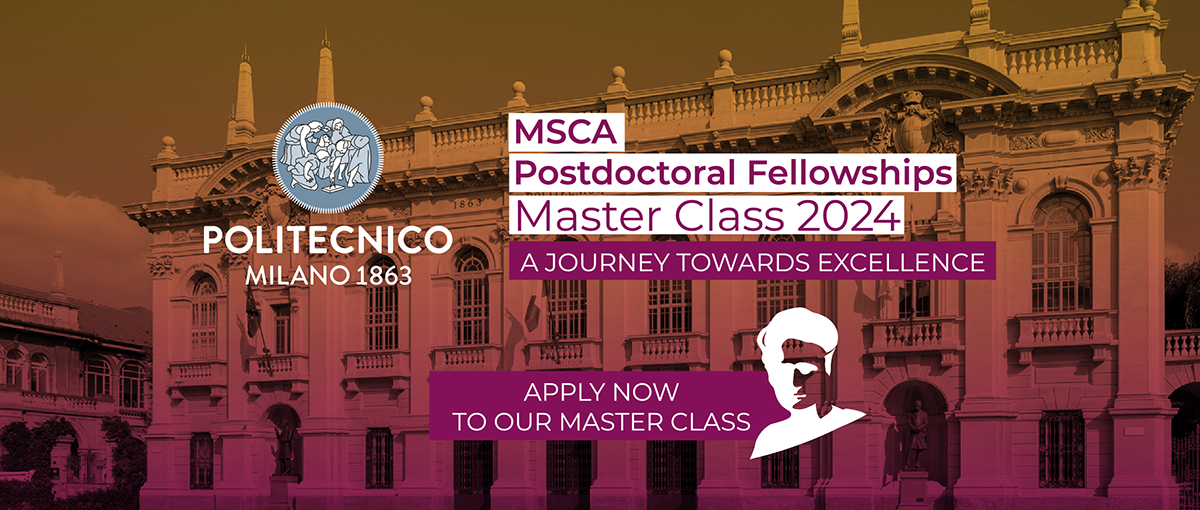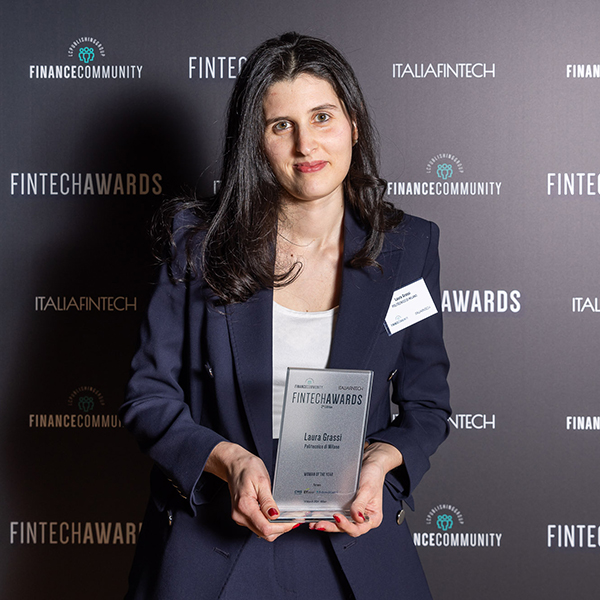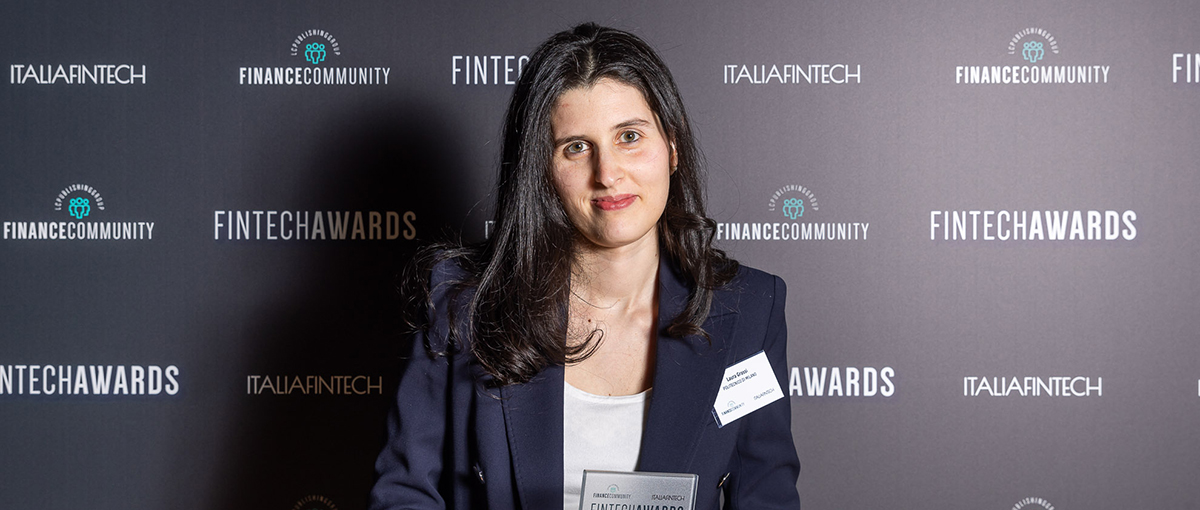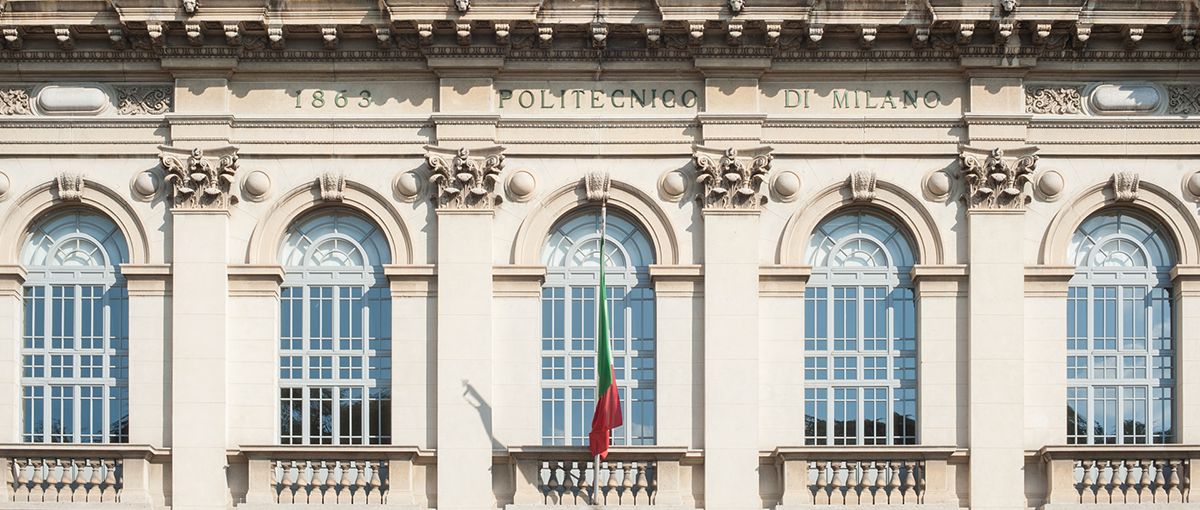
The university confirms its position as the number one university in Italy and ranks 111th in the world, gaining 12 positions compared to last year and entering the top 8% worldwide
Politecnico di Milano achieves its highest ever position in the QS World University Ranking 2025. This year, the University is ranked 111th out of a total of 1,503 universities worldwide, climbing an incredible 12 places since last year. The rise in the world’s most important university ranking continues: for the first time ever, Politecnico di Milano enters the top 8% of global universities of excellence.
This result was made possible by important factors that contributed to achieving this position. Politecnico di Milano ranks among the world’s top 100 universities in terms of academic and business reputation. In fact, the University improved its Academic Reputation score from 94th to 90th position. As for the Employer Reputation, on the other hand, the leap corresponds to a whopping 17 places, up to 82nd position.
Positive results were also achieved for the International faculty, with 10 positions gained thanks to internationalisation actions and 251 positions gained for sustainability: this is the effect of the numerous actions carried out over the past year, many of which were promoted by the University’s Strategic Sustainability Plan.
“Politecnico di Milano’s advancement in the QS global ranking is an achievement that rewards the University’s efforts to offer more study and research opportunities for young people, at an increasingly high level. Thanks to our three-year Strategic Plan, we have also gained positions in the area of sustainability: this confirms that the path we have taken is the right one also from the social and environmental impact perspectives”
comments Donatella Sciuto, Rector of Politecnico di Milano.
“A particularly significant fact is that this year, 5,663 universities from 106 countries around the world were analysed, compared to last year’s 2,963. This increase in the number of assessed institutions makes our result even more relevant, as it proves that Politecnico di Milano continues to excel in an increasingly international and competitive environment.”
These data confirm Politecnico di Milano’s outstanding results, ranking among the world’s top 25 universities in Design, Architecture and Engineering, according to the QS World University Rankings by Subjects 2024 published in April. In Design and Architecture, Politecnico ranks 7th; in Engineering, it ranks 23rd.
